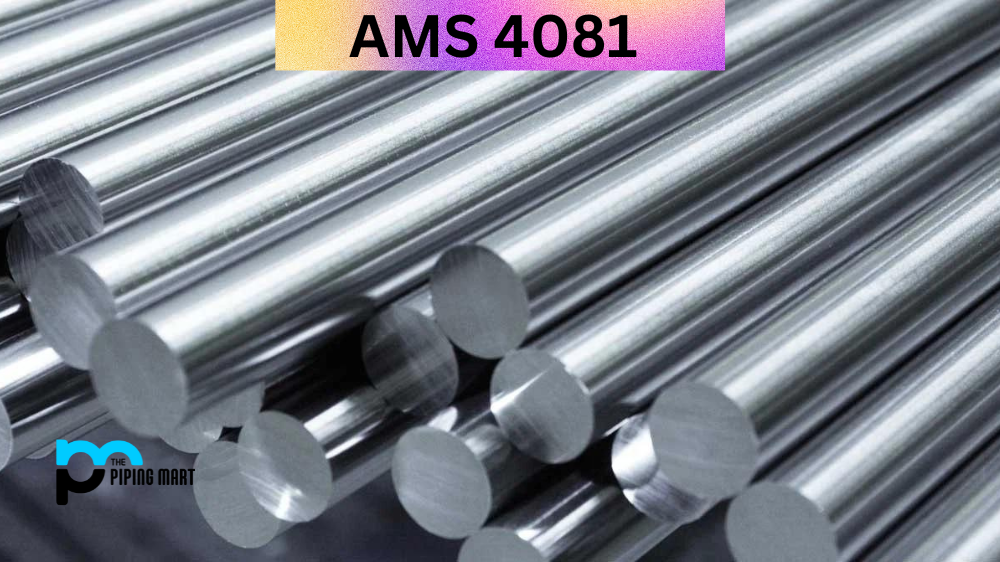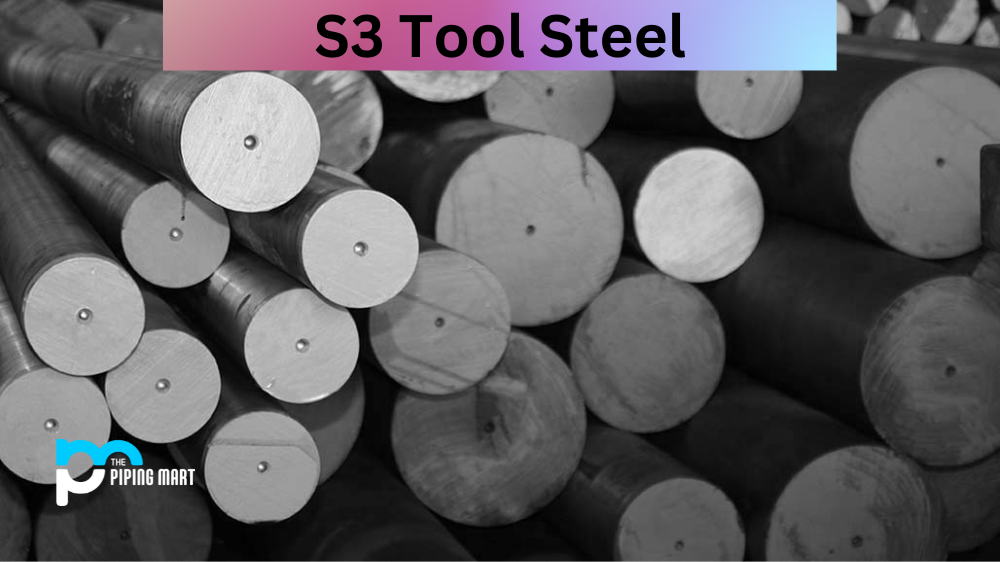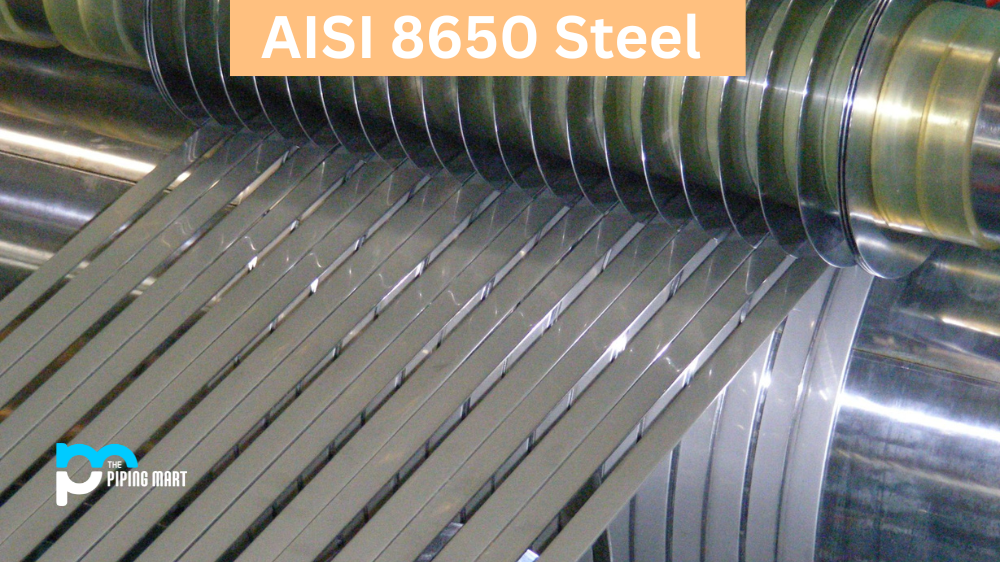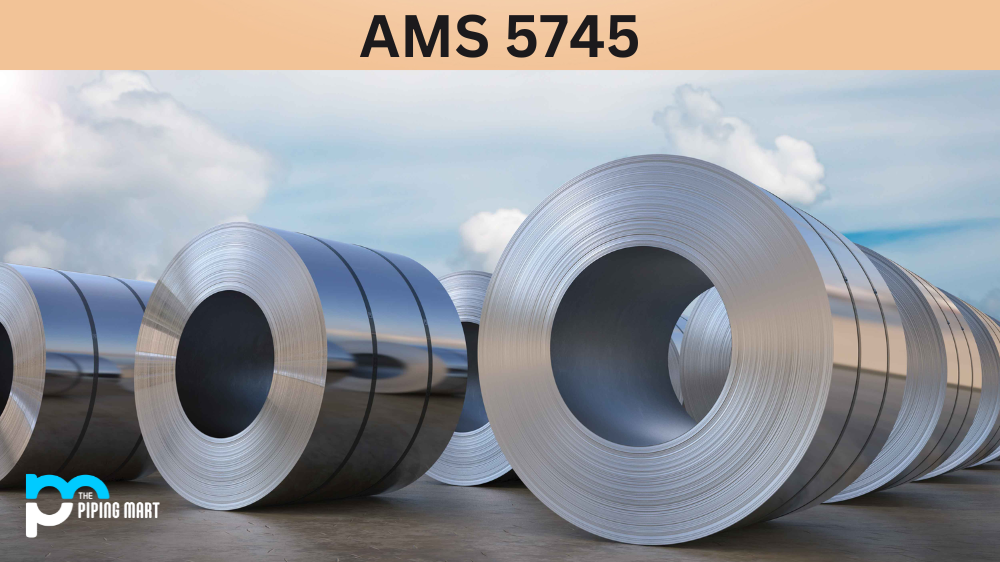When it comes to high-performance metals and alloys, there are several options. AMS4081 is a popular choice for those looking for a material with excellent mechanical properties, high strength, and good corrosion resistance. This blog will explore AMS 4081’s composition, physical and mechanical properties, uses, and heat treatment. Read on to learn more about this versatile material.
What is AMS 4081?
AMS 4081 (also known as 6061 Aluminum Alloy) is a unique course that caught your attention. This course is designed to teach students about the fundamental numerical techniques used in mathematical modeling, particularly in numerical optimization problems. This course will teach you how to construct and analyze algorithms used in contemporary scientific computing and implement these algorithms in various programming languages. This course is an excellent opportunity for anyone looking to develop their quantitative skills, whether for academic, professional or personal purposes. So, if you’re interested in discovering the world of mathematical modelling, AMS4081 might be the right course for you.
What Forms Is AMS 4081 Available at Piping Mart?
- Pipes
- Tubing
- Sheet Plates
- Forged Fittings
- Pipe Fittings
AMS 4081 Composition
AMS4081 is a high-strength aluminium alloy with copper, zinc, magnesium, and silicon as its primary alloying elements. This alloy is typically used in aerospace and defence applications, including structural components, aircraft wing skins, and aerospace fasteners. AMS 4081 is produced through extrusion, creating complex cross-sections and excellent grain structure, improving mechanical properties.
| Element | Content (%) |
|---|---|
| Aluminium / Aluminum, Al | 97.9 |
| Magnesium, Mg | 1 |
| Silicon, Si | 0.60 |
| Copper, Cu | 0.28 |
| Chromium, Cr | 0.20 |
AMS 4081 Mechanical Properties
One of the most attractive features of the AMS 4081 is its excellent mechanical properties. This alloy possesses high strength and good fatigue resistance, making it an excellent choice for applications that require strength and durability. Additionally, AMS 4081 exhibits good corrosion resistance, making it an ideal material for use in harsh environments.
| Properties | Metric | Imperial |
|---|---|---|
| Tensile strength | 310 MPa | 45000 psi |
| Yield strength | 276 MPa | 40000 psi |
| Shear strength | 207 MPa | 30000 psi |
| Fatigue strength | 96.5 MPa | 14000 psi |
| Elastic modulus | 68.9 GPa | 10000 ksi |
| Poisson’s ratio | 0.33 | 0.33 |
| Elongation | 12-17% | 12-17% |
| Hardness, Brinell | 95 | 95 |
AMS 4081 Physical Properties
AMS 4081 has a 2.74 grams per cubic centimetre density and a melting point of 592 degrees Celsius. Its thermal conductivity is 131 watts per meter Kelvin, which means it can conduct heat well. The electrical conductivity of AMS 4081 is also high, making it an excellent choice for electrical and electronic applications.
| Properties | Metric | Imperial |
|---|---|---|
| Density | 2.7 g/cm3 | 0.0975 lb/in3 |
| Melting point | 588°C | 1090°F |
AMS 4081 Equivalents
| AMS 4117 | ASTM B247 | ASTM B429 | DIN 3.3211 | MIL G-18014 | QQ A-200/8 |
| ASTM B209 | ASTM B307 | ASTM B483 | MIL A-12545 | MIL G-18015 | QQ A-225/8 |
| ASTM B210 | ASTM B313 | ASTM B547 | MIL A-22771 | MIL P-25995 | QQ A-250/11 |
| ASTM B211 | ASTM B316 | ASTM B548 | MIL F-17132A | MIL T-7081 | QQ A-367 |
| ASTM B221 | ASTM B345 | ASTM B632 | MIL F-18280 | MIL W-23351 | QQ A-430 |
| ASTM B234 | ASTM B361 | ASTM F467 | MIL F-39000 | MIL W-85 | QQ WW-T-700/6 |
| ASTM B241 | ASTM B404 | ASTM F468 | MIL F-3922 | QQ A-200/16 | SAE J454 |
AMS 4081 Hardness
When it comes to hardness, AMS 4081 is a relatively soft material. Its hardness varies depending on the heat treatment applied to it. In the T6 temper, the hardness of AMS 4081 is around 100 Brinell, whereas, in the solution-treated and aged condition, it is around 70 Brinell. The T6 temper provides the highest strength and hardness, while the solution-treated and aged condition provides moderate strength and excellent formability.
AMS 4081 Heat-Treated
AMS 4081 is commonly heat-treated to improve its mechanical properties. Heat treatment usually involves three steps: solution treatment, quenching, and ageing. Solution treatment involves heating the material to a high temperature to dissolve any excess alloying elements or impurities. Quenching involves rapidly cooling the material to room temperature to produce a supersaturated solid solution. Finally, ageing involves holding the material at an elevated temperature for a specific period to allow for precipitation hardening.
Conclusion:
AMS 4081 material is a high-strength aluminium alloy with excellent mechanical properties, good resistance to corrosion, and high thermal and electrical conductivity. Its versatile properties make it an ideal material for aerospace and defence applications and other high-performance applications where strength and durability are essential. The heat treatment process enhances its mechanical properties and performance, making it an even more attractive material for high-stress applications. As a result, AMS 4081 is a material worth considering when deciding on a high-performance metal or alloy for your next project.

A passionate metal industry expert and blogger. With over 5 years of experience in the field, Palak brings a wealth of knowledge and insight to her writing. Whether discussing the latest trends in the metal industry or sharing tips, she is dedicated to helping others succeed in the metal industry.




